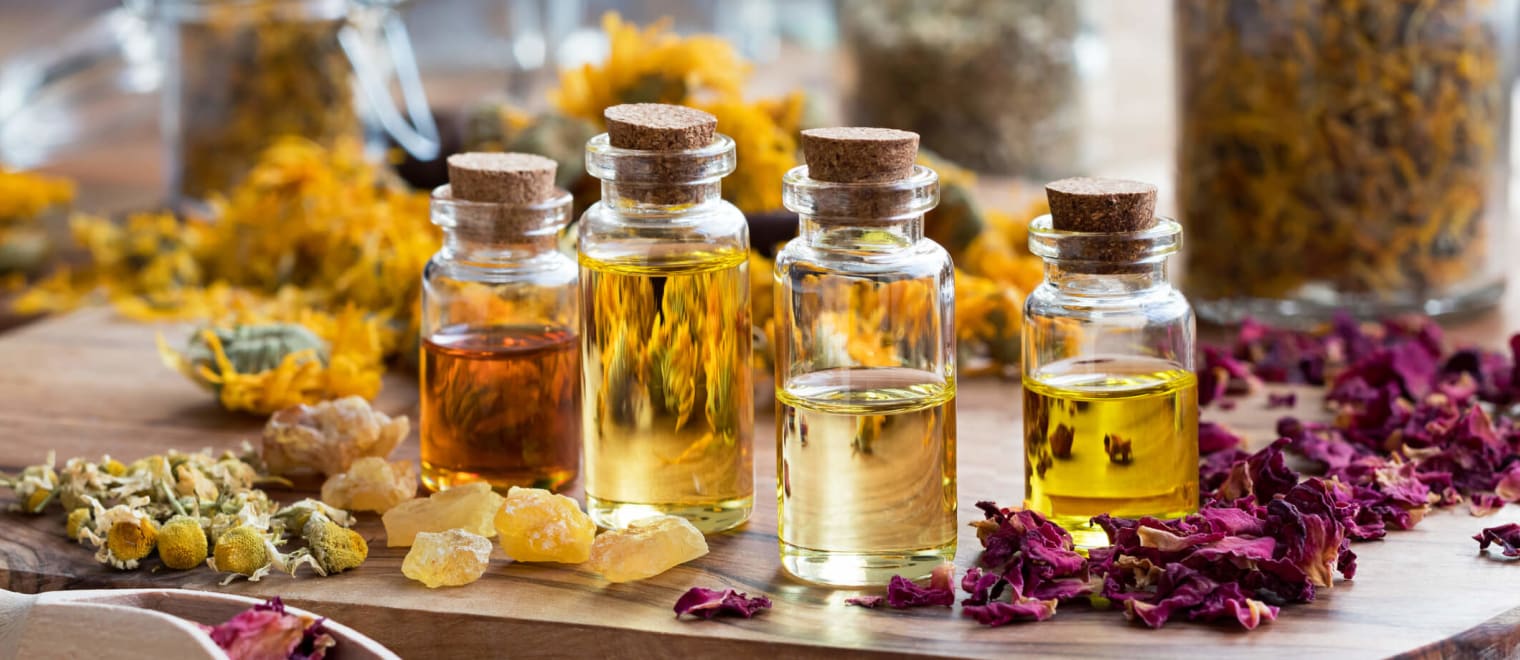This informal CPD article ‘The Magic is in the Materials’ was provided by Justine Crane from The Natural Perfume Academy, a higher education body specialising in teaching natural perfumery to students and industry professionals from all over the world.
Natural Perfumery is an ancient art form practiced for thousands of years before the introduction of synthetic aroma chemicals, and this art form has recently been revived. Aroma chemicals are what modern perfumery is made up of, with over 3000 individual chemical materials to choose from. Natural perfumers have access to about 1/10th that number – there are far fewer natural alternatives. However, with the advancement of chemical extraction methods, new, never-before-seen natural perfumery materials are added to this list slowly.
The value of Natural Perfumery
For years there has been a debate between natural and synthetic perfumery, with modern perfumery advocates laughing off the efforts of natural perfumers as limited and elementary. Even so, by using the materials of natural perfumery in a more formulaic manner, very much like synthetic perfumery techniques, natural perfumers are capable of creating beautiful, faceted, and magical perfumes.
One issue often in dispute is that of the persistence of natural perfumes. They typically do not last more than a few hours, at best, on the skin, but to natural perfumers, that is the beauty of natural perfume. A consumer will not be relying on overly strong fragrances, most of which are easily recognized by others but instead, naturals are more personal, intimate, individual, and much less easily identifiable - and with specialized fixative techniques, longer-lasting natural perfumes can be made.
What natural perfumes offer is unique. It is much more likely that a consumer will find radiance and beauty sniffing a small vial of rose otto than they will by sniffing linalool. Rose otto alone is a perfume in and of itself, while linalool requires many more added materials to make a perfume worthy of sniffing.
Understanding Natural Perfumery
Creating perfumes using only natural materials is difficult. Each material contains hundreds if not thousands of molecules, each with its aromatic profile. The material dynamics of creating natural perfume are much less predictable than that of synthetically produced perfumes.
Terroir plays a role in the materials of natural origin. A Rosa damascene plant grown in Bulgaria will smell slightly different from a Rosa damascene grown in Egypt or India, resulting in different-smelling essential oils. How the roses are extracted is also a factor, even if using the same technique. For example, the quality of the rose oil is directly affected by the expertise of the extractor. A master distiller will produce an exquisite oil, and a less seasoned distiller may produce a less-than-stellar oil, or worse, a burnt-smelling oil, but both oils will be sold in the open market for the same amount.
As a natural perfumer, evaluating the raw materials of perfumery becomes primary work. It is through the evaluations that the natural perfumer discovers all of the nuances, beauty, and magic of their materials.
We hope this article was helpful. For more information from The Natural Perfume Academy, please visit their CPD Member Directory page. Alternatively, you can go to the CPD Industry Hubs for more articles, courses and events relevant to your Continuing Professional Development requirements.













